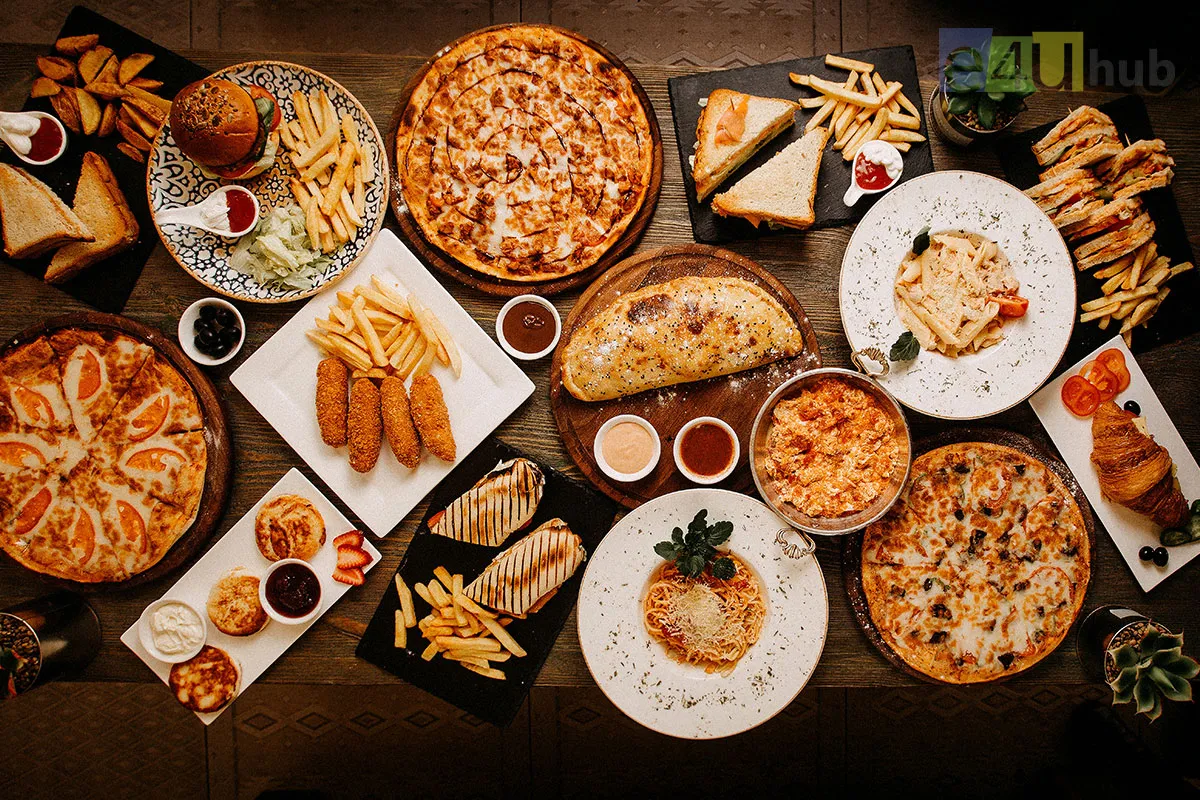
Food and Culture: How Cuisine Shapes Society
- 20 Sep, 2023
- Food
- 682 Views
- 0 Comments
Food is far more than mere sustenance; it's a reflection of our history, traditions, and the complex web of human interactions. Every culture around the world has its own unique cuisine, a vibrant tapestry woven from the threads of history, geography, and societal values. In this blog, we'll delve into the fascinating relationship between food and culture, exploring how cuisine shapes society and, in turn, how society influences what we eat.
1. A Taste of Tradition: Cuisine is often the most tangible expression of cultural identity. Traditional dishes handed down through generations carry with them the stories of our ancestors and the places they called home. Consider the rich flavors of Italian pasta, the intricate spices of Indian curry, or the simplicity of Japanese sushi; these dishes encapsulate the essence of their respective cultures.
Food becomes a powerful way to connect with our roots and maintain a sense of continuity in an ever-changing world. When we prepare and enjoy traditional dishes, we are participating in a living history, preserving customs that might otherwise be forgotten.
2. Community and Connection: Food is inherently communal, serving as a unifying force within societies. It brings people together, fostering a sense of belonging and togetherness. Whether it's a family dinner, a neighborhood potluck, or a grand celebration, food plays a central role in human gatherings.
3. Social Hierarchies and Values: Cuisine can also reflect societal hierarchies and values. For instance, in some cultures, certain foods are considered delicacies and are reserved for special occasions or higher social classes. In contrast, other foods are seen as everyday staples. These distinctions shed light on the prevailing socioeconomic structures and class dynamics within a society.















Leave a Reply